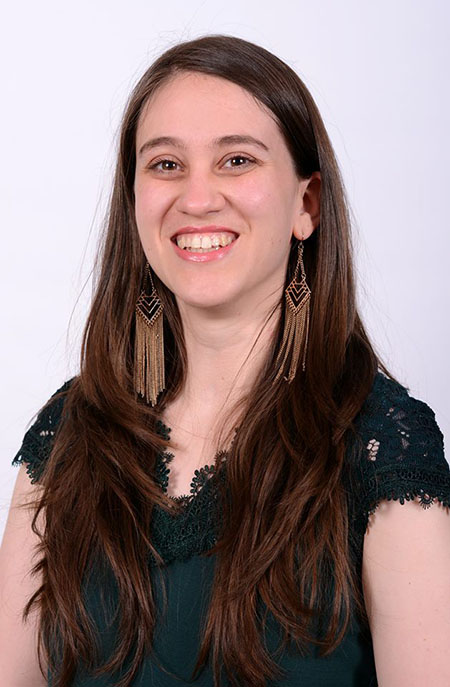During the recent NWU Leadership Summit, Michelle joined several other high-profile speakers from business, industry and the government sector to deliberate on leadership challenges facing South Africa.
According to Michelle, education alone should not be regarded as a proverbial silver bullet when it comes to leadership intervention, but that it should be partnered with employment.
The latter however, represents a dire challenge in South Africa with 27,7% of working age citizens being classified as unemployed. This amounts to 6,2 million South Africans.
Time for curriculum reform is now
During her presentation, Michelle said that there has never been a more appropriate time for South Africans to make work of the leadership void, and that all members of society have a role to play. She explained that her role, as a member of academia, is to optimise learning opportunities and the adopt new ways of knowledge sharing and acquisition.
“I believe that the young minds we encounter in our lecture rooms represent the future leaders of our country and our continent. As such we need to do all we can to empower them to come up with new, better and bolder ideas,” explained Michelle.
In her approach to transforming the curriculum, Michelle believes that a new interpretation of what curriculum reform encapsulates, should be developed. She is henceforth against the political interpretation of negating all knowledge from the West and instead opts for a situation in which the question is not “this or that” but rather “this and that”.
She also explained the importance of relearning within the sphere of higher education. This train of thought is based upon the existence of multiple “knowledges” and counteracts the traditional view of single superior knowledge sources.
Three guiding questions
In her view, curriculum reform should offer students the space to do more than just memorise theories. She suggests three considerations when contemplating curriculum reform:
- Who are we teaching?
This is important since economists, in her case, need to navigate unique South African economic realities, such as stokvels, the effect of lobola on the economy and the realities of informal economies. These are factors not at play on the global economic stage, and need to be revisited within the South African context.
- How are we teaching?
Michelle is of the opinion that students should be active co-creators of the curriculum and that academics should facilitate this process not only in terms of deconstructing knowledge sources, but also in constructing new content. Closely linked to this is the revision of assessment approaches. As Michelle stated: “Are written assignments always the answer? How do we test knowledge in a way that speaks to relevance and impact?”
- What are we teaching?
Although she believes in the theories and models outlined in traditional textbooks, Michelle is adamant that academics should continuously push the boundaries of knowledge acquisition. By doing this, and pro-actively introducing different viewpoints and realties, she believes that universities will contribute to the development of powerful social scientists who will offer innovative solutions to current challenges.
In closing, she motivated summit attendees to continue to engage in robust debate around issues of leadership, but warned that action will ultimately define the country’s attempts to bridge the current leadership void.
“The time has come for all of us to do more and by doing so empower the youth to do more than just hope for a better future,” said Michelle.

Michelle Groenewald.
